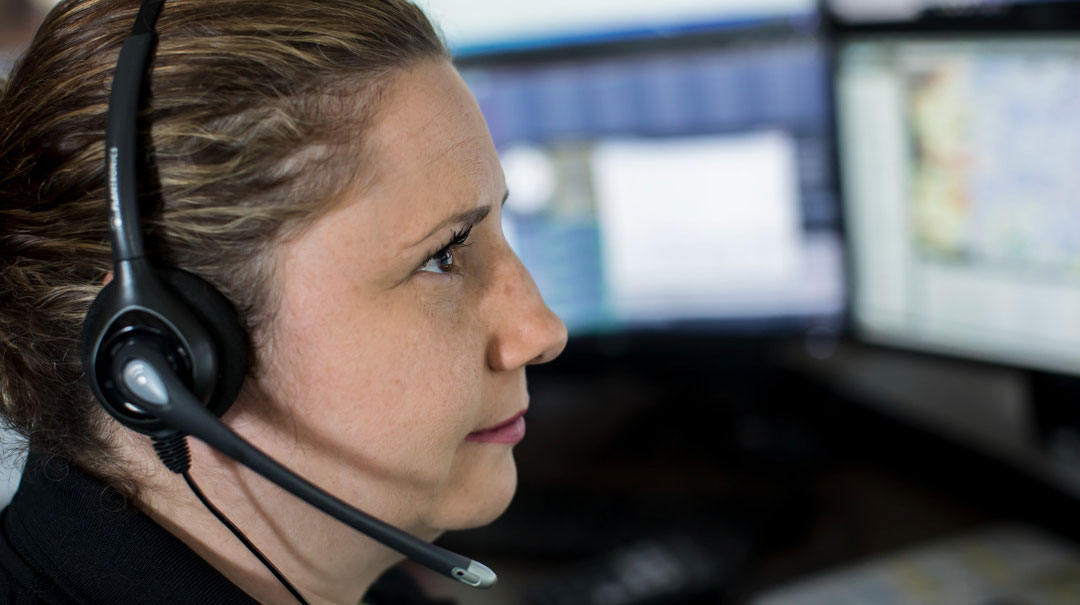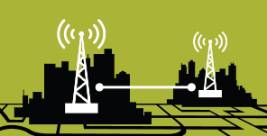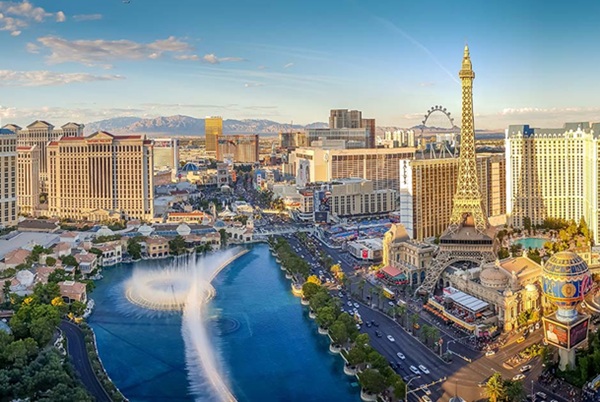Technology is ever-evolving and it’s no surprise that methods we use today to notify the masses are different from years past. To understand the history of mass notification, it’s important to look at the evolution of communication as a whole.
Walking Through the History of Mass Notification
Here’s a closer look at the evolution of mass notification:
1775 – Paul Revere’s Midnight Ride
One of the most famous stories of mass alerting is Paul Revere’s midnight ride, in which Paul was part of “an elaborate warning system set up by the Sons of Liberty to spread an alarm quickly and efficiently.” A team of messengers, including Paul, rode by horseback to military stores in several Massachusetts towns, to warn of the impending ambush by the British. This form of personal and manual mass notification was successful for its time and several others, including a 16-year-old girl, dubbed the ‘female Paul Revere’, delivered important warnings on horseback.
1939 – London’s Air Raid Sirens
Jumping up a couple of hundred years during World War II in London, the Prime Minister “interrupted the regular radio broadcasts to announce that Britain and Germany were at war”. Soon after, they tested their alerting system, air raid sirens, preparing thousands of civilians for a possible air strike.
1996 – AMBER Alerts
Nearly 60 years later, the abduction and murder of a little girl named Amber Hagerman in 1996, inspired the development of a revolutionary early warning system that has helped recover hundreds of missing children. The AMBER alert is part of the Wireless Emergency Alert program, which sends out warnings for weather, presidential and imminent threats.
The History of Mass Notification in 2018 and Beyond
Mass notification in 2018 takes an integrated approach to alerting the public. It’s no longer enough to use a singular approach for mass notification such as sending out an email, especially with the overwhelming amount of emails we receive today. Multi-modal mass notification tools allow messengers to deliver urgent communications to the public. Advanced tools give messengers the power for better data management, audience targeting and even selective communication channel options, where you turn on or off specific platforms such as social media or voice mail, if you don’t want messages being delivered through them.
Examples of The Future of Mass Notification
Here are a few examples of future-proof mass notification tools being used by organizations today:
- AlertSeattle – allows residents and city employees to receive important emergency and community updates, by email, text, voice call, and on social media (Facebook and Twitter).
- Wellness Checks System – allows GE Appliances security leaders to send critical updates to its employees and perform wellness checks during natural disaster events, which was put to use recently during the Harvey, Irma and Maria hurricanes.
- 24/7 Emergency Communications – allows Carle Foundation Hospital to easily coordinate work schedules, vacations and sick time with employees that work around the clock; the tool also provides easier database management, compared to a previous tool used by the hospital.





Comments are closed here.